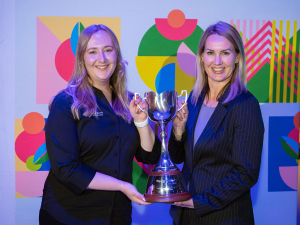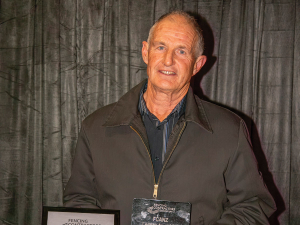Ask any farmer/shareholder of the fertiliser cooperatives what they see as the cooperative’s core function and most would answer it’s ensuring key soil nutrient products are available when they need them at an appropriate quality and the best possible price – not livestock feed, sprays, drenches, data storage, or pasture measurement systems; not even top-dressing services.
So it’s little wonder some of the fertiliser cooperative shareholders are questioning the direction of their companies, given the plethora of activities other than fertiliser these firms are engaged in.
Recent talk about shareholders importing fertiliser for themselves – because they can get a better price and/or product than that offered by their cooperative – will only add to these questions.
Farmer shareholders do not invest in cooperatives because they are looking for capital growth and a financial yield on investment; they do so because they want to ensure they get the best possible deal on inputs and services, and best possible return for product. Any dividend, or rebate, is just a bonus.
The near-duopoly structure of the fertiliser market ensures competition, we’re told, but competition in what? Most efficient fertiliser supply or building the biggest sales support network and diversified business?
Our fertiliser cooperatives have become behemoths, making lean, mean management hard to deliver. Of course, the cooperatives argue environmental regulation – impending or already implemented – means they need more people on the road to help shareholders meet these rules. But is that service best delivered by the fertiliser cooperative?
Cries of “conflict of interest” have already been heard. The boards of Ballance and Ravensdown have, presumably, long since answered these questions, which is why a game changer is needed. Let’s call it “Fert Direct”, a company focussed purely on supplying core bulk fertiliser products at the best possible price. Preferably a member-owned cooperative, it will only take orders online or by phone, with no reps, cars, laptops or branded clothes out on the road; no capital invested in spin-off businesses irrelevant to shareholders’ farms.
















